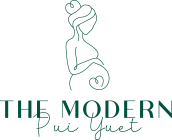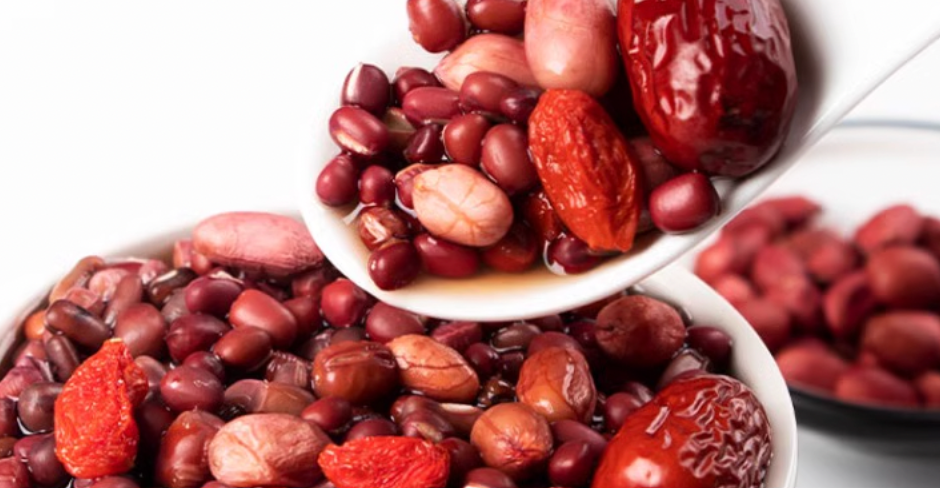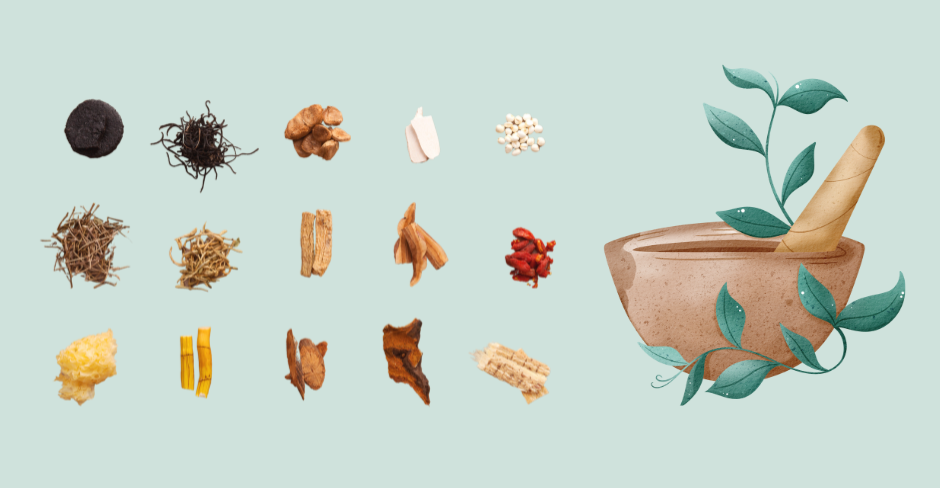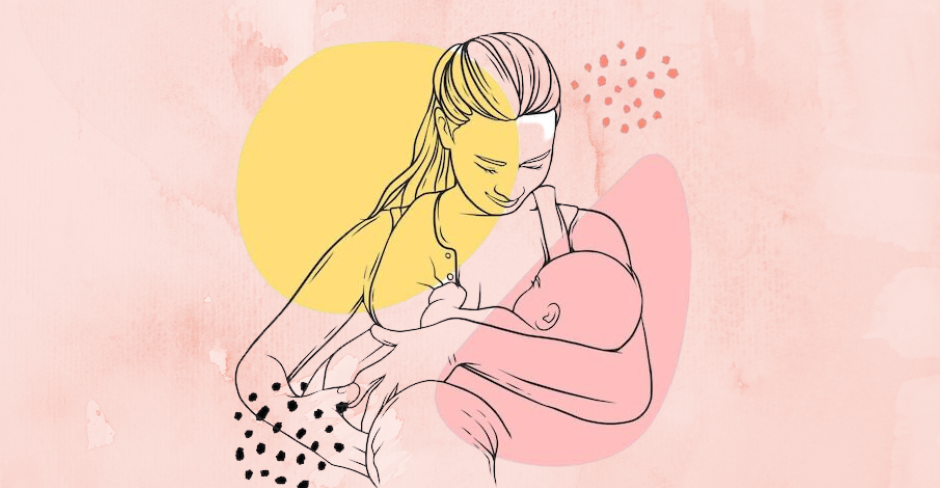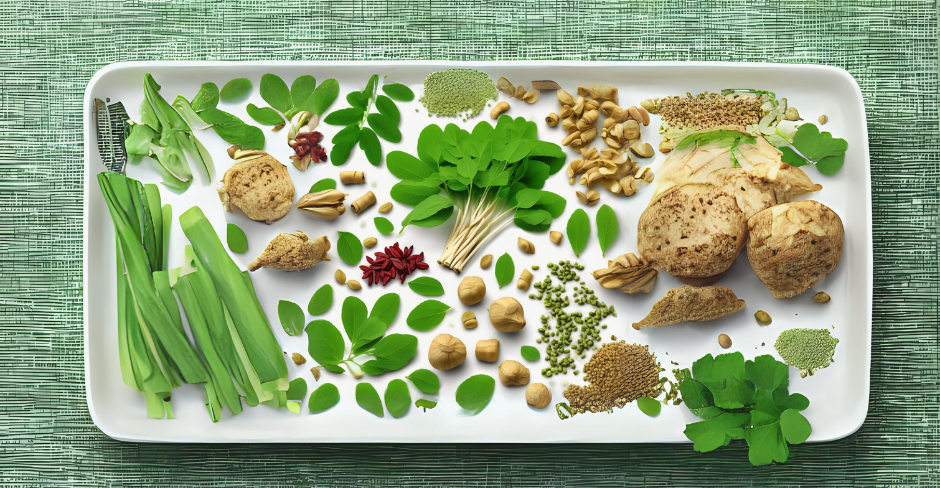

Postpartum Recovery with TCM Practices
12th Aug 2022
3 mins read
Welcoming your beautiful bundle of joy will be one of the happiest moments in your entire life. There is so much to do and learn, a big adjustment period is on its way! Often, we oversee and neglect our own postpartum healing, care and recovery because we’re so busy doing 101 things after baby is finally here. Be wary and tread with caution as there are about 55-85% of new mamas who report experiencing postpartum depression! In saying this, it is crucial that we look after and take proper care of ourselves during this stage, so that we remain healthy and can provide the best possible care for our newborn bubs. In order to prepare for the recovery phase and the months after delivery, continue reading to learn more about postpartum care using Traditional Chinese Medicine (TCM) practices.
Proper Postpartum Recovery is CRUCIAL
Childbirth is very difficult on a woman’s body, and it results in a significant amount of blood and fluid loss. In TCM, this is referred to as a loss of Qi. You may also find that your liver blood is deficient, heart and kidney yin has substantially declined and have a deficiency in your spleen. This can leave us feeling down, fatigued, lost and more.
TCM Perspectives on Postpartum Care
Postpartum TCM techniques incorporate a practice typically known as ‘Zuo Yue Zi’, which translates to ‘sitting the month’. This process of postpartum care allows for the mother to rest as much as possible to ensure full recovery from a physical point of view. It also gives them time to focus on caring for their newborn, breastfeeding and milk production. It gives new mothers an opportunity to strengthen the bond with her family and caretakers. This traditional practice has proven time and time again to improve overall psychological health and wellbeing. During the recovery period, it is vital that women are properly looking after their spleen and stomach. Excessive thoughts that can bring on depression can deplete spleen Qi leading to deficiency. When the spleen is not optimally functioning, symptoms of postpartum depression can worsen. As the stomach and spleen work hand in hand, it is important that women take measures to nourish her stomach.
Postpartum Care with TCM
The approach to postpartum recovery according to TCM, focuses on enhancing and improving fluid circulation, allowing for an adequate amount of physical and mental rest, as well as incorporating a healthy and nourishing postpartum diet. Some examples include:
Mother Warming
This practice of mother warming involves applying heat to the body directly. After delivery, your body loses heat and you’ll experience coldness which can lead to an overall weakness in the body. One way to accomplish this is using moxibustion. Moxibustion is centuries old TCM practice that uses heat created by burning mugwort herb to provide stimulation to different acupressure points. It assists to tonify and purify yang and Qi whilst nourishing the blood and alleviating depletion. If stagnation is resolved and blood flow improves then things will run smoothly, and you’ll experience natural pain relief.
Seclusion & Rest
When recovering from giving birth, it is absolutely imperative that you allow yourself to get plenty of rest. Mamas are encouraged to stay home to improve their physical recovery. During this period of time, avoid doing chores or housework so you can give yourself an adequate amount of time to recover from the stress of delivery! Doing so has the added benefit of allowing new mothers to have more time to care for the baby. R&R is beneficial at warding off postpartum depression!
Food as Medicine
During postpartum recovery, it is of utmost importance that you nourish your bodies with a healthy diet. Due to the coldness brought on by giving birth, you are encouraged to eat foods that generate heat. Warming foods are usually high in proteins, think meat and eggs. Adding other foods such as garlic, chilies, and peppers will have a warming effect. Foods such as chives will nourish Qi whilst strengthening yang, and soups containing mutton will nourish the blood. These foods will help invigorate both yang and Qi while providing warmth to your intestines. You will want to avoid cooling foods when recovery, this includes bananas and tomatoes. Incorporating Chinese medicinal herbs is a smart choices for your postpartum recovery journey.


Written by
